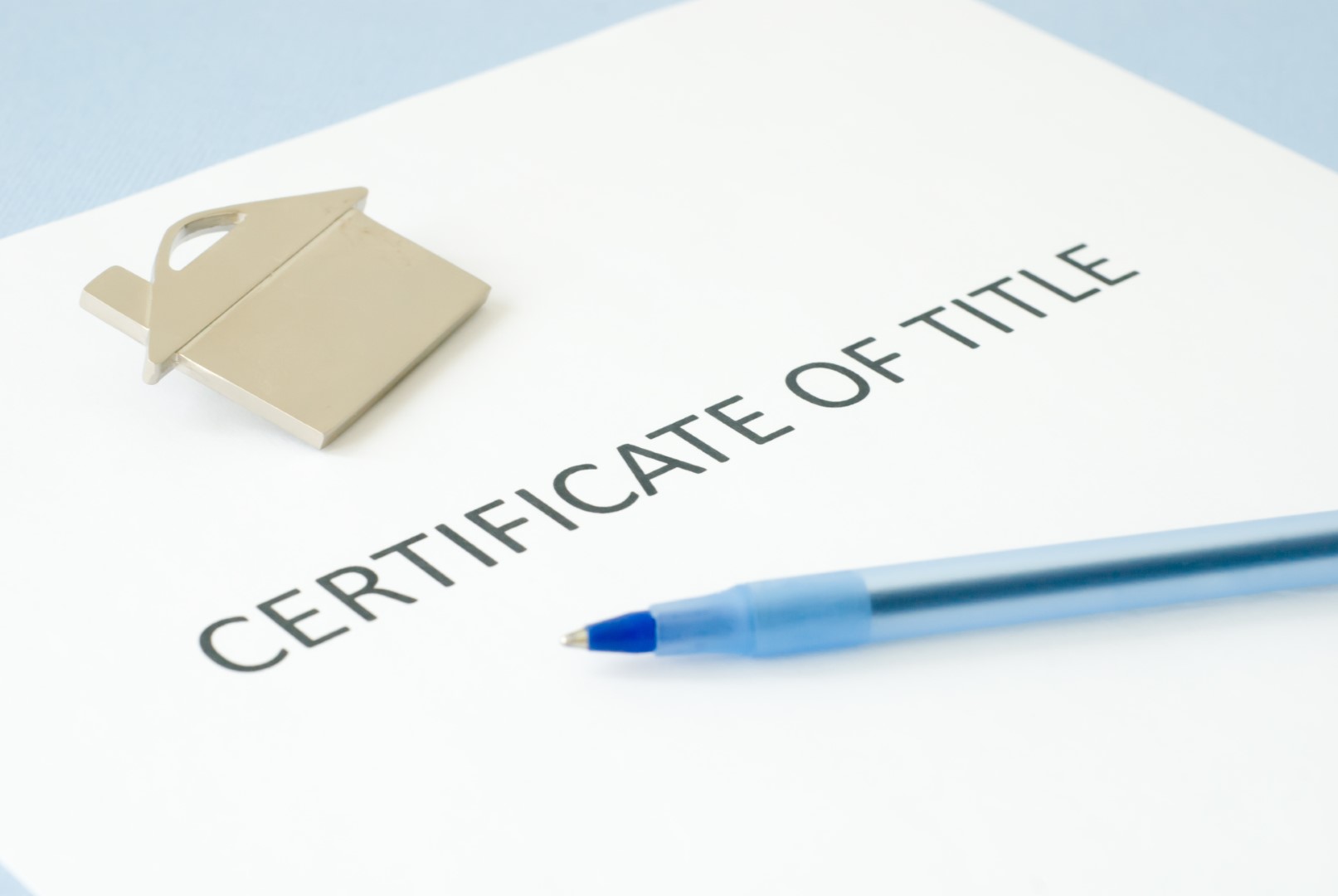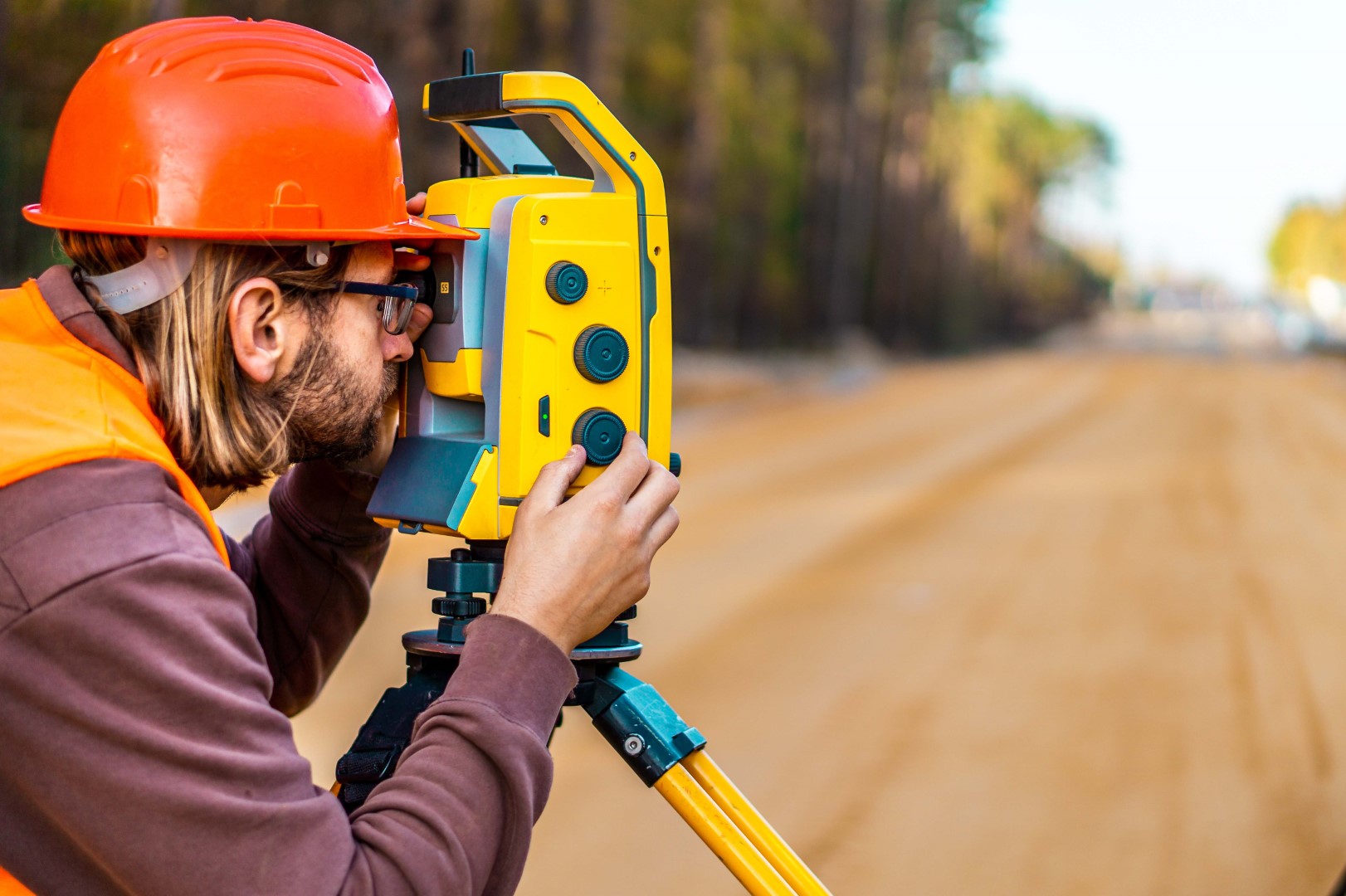February 15th 2022
 In 1999, Ontario began converting land from the Registry Act system to the Land Titles Act to allow for the electronic registration of title. This process was complicated because, while the Registry Act allows for people to obtain ownership of land through continued possession (“squatter’s rights”) or acquire easements through extended use, the Land Titles Act does not permit claims of adverse possession or prescriptive easements. The government could not discover all potential claims during the conversion process, since rights acquired under the Registry Act did not need to be registered anywhere. To allow for the efficient conversion to Land Titles, all converted parcels were automatically marked as Land Titles Conversion Qualified (LTCQ). This meant that unregistered rights to land established prior to the conversion could be preserved through the LTCQ system.
In 1999, Ontario began converting land from the Registry Act system to the Land Titles Act to allow for the electronic registration of title. This process was complicated because, while the Registry Act allows for people to obtain ownership of land through continued possession (“squatter’s rights”) or acquire easements through extended use, the Land Titles Act does not permit claims of adverse possession or prescriptive easements. The government could not discover all potential claims during the conversion process, since rights acquired under the Registry Act did not need to be registered anywhere. To allow for the efficient conversion to Land Titles, all converted parcels were automatically marked as Land Titles Conversion Qualified (LTCQ). This meant that unregistered rights to land established prior to the conversion could be preserved through the LTCQ system.
There are two main reasons why an individual may need to upgrade title. First, a property may still be in the Registry system because an issue on title meant the land could not be converted. A potential buyer of property might therefore be concerned that the land is subject to unregistered rights. To improve the marketability of the parcel, an owner may make a manual application to the Land Registry Office to convert the parcel to Land Titles Absolute. A second reason to upgrade title is when an owner of property marked LTCQ wishes to develop the land. Because of the risk of a claim being made against the land after building commences, the land is typically converted from LTCQ to Land Titles Absolute Plus. When a property is upgraded from LTCQ to Land Titles Absolute Plus, it has the benefit of preserving the owner’s rights under LTCQ while demonstrating that the land is free from possible claims from neighbouring landowners.
 To upgrade title, one must have the assistance of an Ontario Land Surveyor and a solicitor. The surveyor must prepare a draft reference plan, showing the actual extent of the owner’s land, compared to the description in the parcel register. The solicitor must then review title, ensuring that any easements are noted, the applicant owns the land, and any differences between the registered title and draft reference are corrected. The solicitor must also notify all neighbouring landowners and mortgagees, anyone who holds an easement or right to the land, and any level of government, board, or agency which has an interest shown on the draft reference plan. If anyone served objects to the conversion, the objection must be resolved. This may result in the application being amended to exclude the disputed lands or require a hearing with the Director of Titles to resolve the objection. After all objections are resolved, the application may be registered with the Land Registrar, granted a new PIN, and if upgrading from LTCQ, the land will be registered as Land Titles Absolute Plus (LT+).
To upgrade title, one must have the assistance of an Ontario Land Surveyor and a solicitor. The surveyor must prepare a draft reference plan, showing the actual extent of the owner’s land, compared to the description in the parcel register. The solicitor must then review title, ensuring that any easements are noted, the applicant owns the land, and any differences between the registered title and draft reference are corrected. The solicitor must also notify all neighbouring landowners and mortgagees, anyone who holds an easement or right to the land, and any level of government, board, or agency which has an interest shown on the draft reference plan. If anyone served objects to the conversion, the objection must be resolved. This may result in the application being amended to exclude the disputed lands or require a hearing with the Director of Titles to resolve the objection. After all objections are resolved, the application may be registered with the Land Registrar, granted a new PIN, and if upgrading from LTCQ, the land will be registered as Land Titles Absolute Plus (LT+).
If you plan on selling or developing land and are unsure if you hold sufficient title, please consider reaching out to Liddiard Law for a consultation.
Benjamin Pinfold, Student-at-Law | Liddiard Law Professional Corporation | michael@liddiardlaw.ca | (905) 932-5437